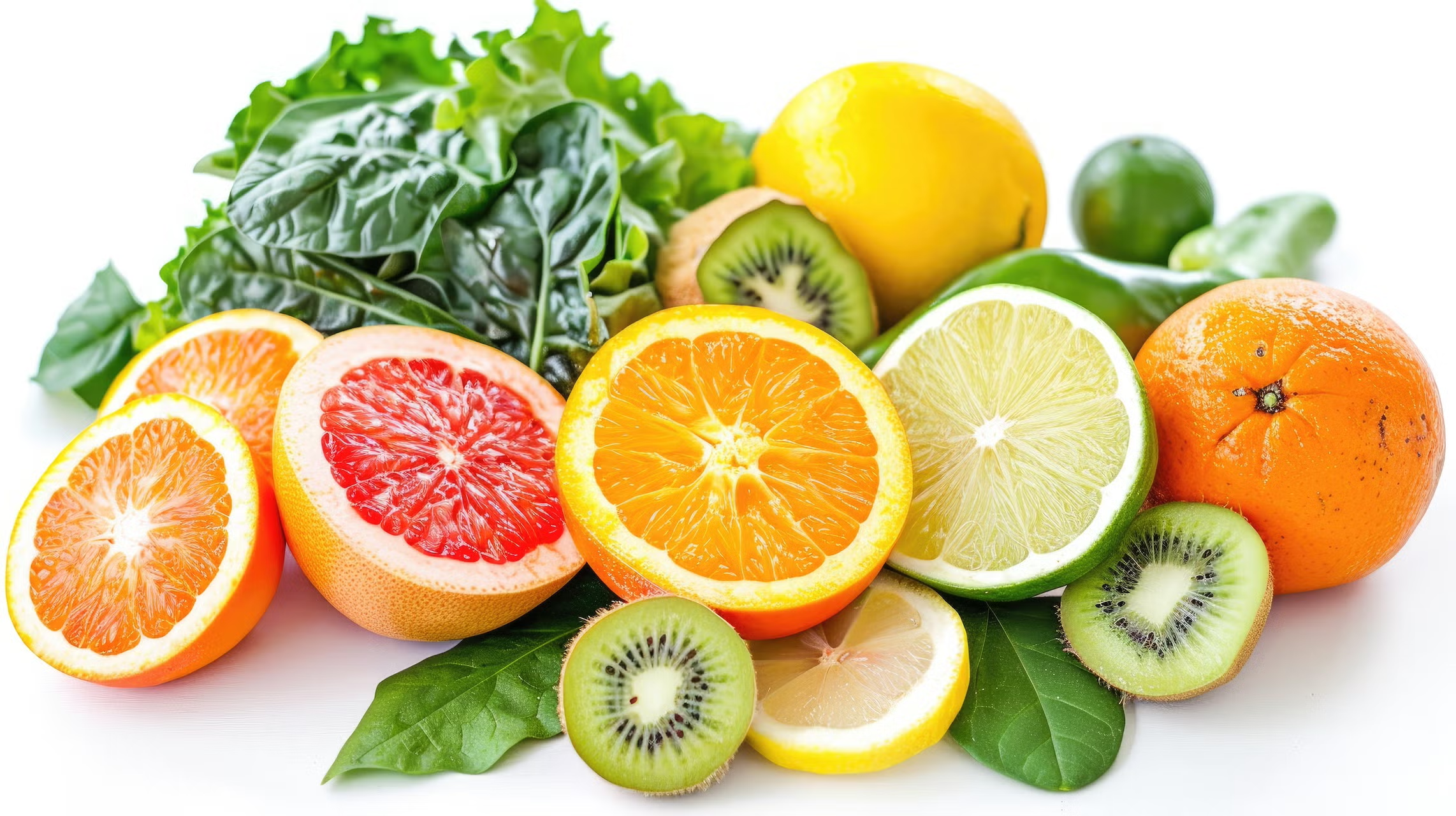What effect does Vitamin K have on blood clotting?
Vitamin K and Blood Clotting Vitamin K has a crucial role in blood clotting by supporting the synthesis of clotting factors. Benefits: • Supports clotting factor synthesis • Enhances blood…
How does Vitamin K affect blood clotting?
Vitamin K and Blood Clotting Vitamin K affects blood clotting by supporting the synthesis of clotting factors and reducing bleeding risks. Benefits: • Supports clotting factor synthesis • Reduces bleeding…
How does Vitamin K improve blood clotting?
Vitamin K and Blood Clotting Vitamin K plays an essential role in blood clotting, preventing excessive bleeding from wounds or injuries. Functions: • Regulates clotting proteins • Promotes fast healing…
What impact does Vitamin K have on blood clotting?
Vitamin K and Blood Clotting Vitamin K impacts blood clotting by facilitating the production of clotting factors and reducing bleeding risks. Benefits: • Facilitates clotting factor production • Reduces bleeding…
What is the importance of Vitamin K for blood clotting?
Vitamin K and Blood Clotting Vitamin K is essential for blood clotting by facilitating the production of clotting factors and preventing excessive bleeding. Benefits: • Facilitates clotting factor production •…
What is the impact of Vitamin K on blood clotting?
Vitamin K and Blood Clotting Vitamin K supports blood clotting by assisting in the synthesis of clotting factors. Benefits: • Assists in clotting factor synthesis • Supports overall blood clotting…
How does Vitamin K contribute to blood clotting?
Vitamin K and Blood Clotting Vitamin K supports blood clotting by aiding in the synthesis of clotting factors in the liver. Benefits: • Aids clotting factor synthesis • Supports blood…
What are the benefits of Vitamin K for blood clotting?
Vitamin K and Blood Clotting Vitamin K plays a crucial role in blood clotting by promoting the synthesis of clotting factors and reducing bleeding risk. Benefits: • Promotes clotting factor…
How does Vitamin K impact blood clotting?
Vitamin K and Blood Clotting Vitamin K impacts blood clotting by promoting the synthesis of clotting factors essential for wound healing. Benefits: • Promotes clotting factor synthesis • Supports wound…
How does Vitamin K prevent blood clots?
Vitamin K and Blood Clotting Vitamin K is essential for blood clotting, helping to prevent excessive bleeding and supporting wound healing. Benefits: • Supports blood clotting • Prevents excessive bleeding…






